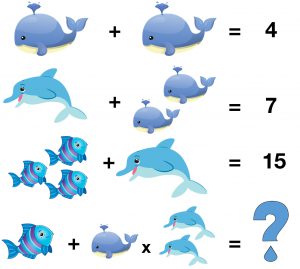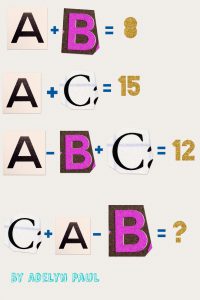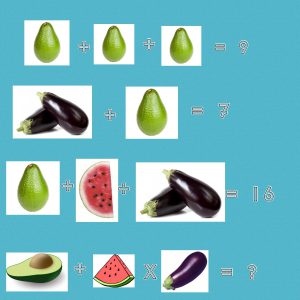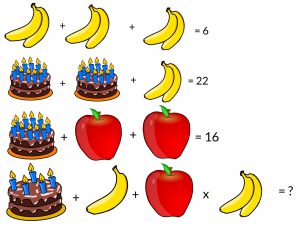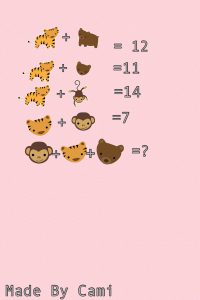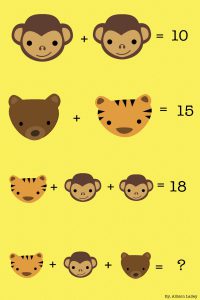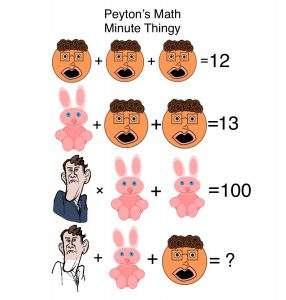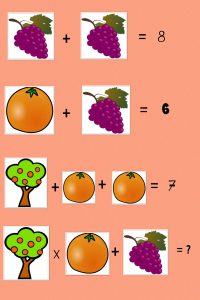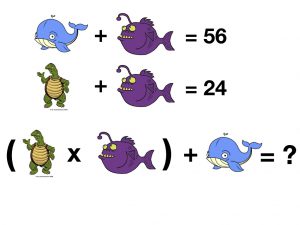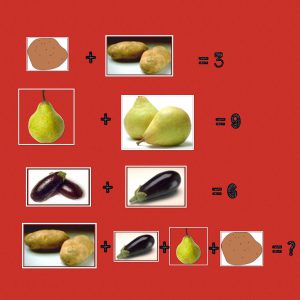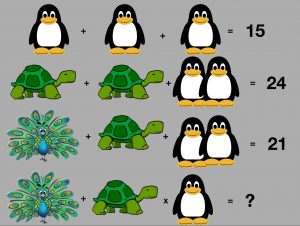
The Fibonacci Sequence
1, 1, 2, 3, 5, 8, 13, 21, 34, 55, 89, 144
What do these numbers have in common? What pattern do you see? These numbers are a part of what is known as the fibonacci numbers. Fibonacci numbers are found by adding the two previous numbers. So the number after 144 would be 233. The Fibonacci Sequence is a simple sequence of numbers that anyone can learn!
Spark your math thinking!
- Set up your math mini spark recording page: #74 Fibonacci Fun
- “Too much of the mathematics we learn in school is not effectively motivated.” ~Mathemagician Arthur Benjamin. Watch his TED Video about the Magic of Fibonacci Numbers. Take notes on your recording page.
3. Watch this Numberphile video about Random Fibonacci Numbers. Take notes on your recording page.
4. Then, try the activity he explains in the video using a coin. Record your project. My sons Toby and Trevor and I recorded ourselves doing the activity here:
5. Read about the Fibonacci Sequence at Math is Fun. Recording 3 details on your recording page.
6. Create a interesting way to show what you have learned from this math mini spark. Add it to your recording page.
7. Share your math mini spark recording page and your project with your teacher/EY coordinator.
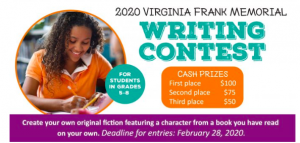





 Musical glasses are a fun way to combine art, math, music and science.
Musical glasses are a fun way to combine art, math, music and science.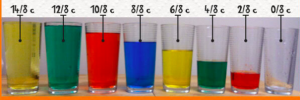

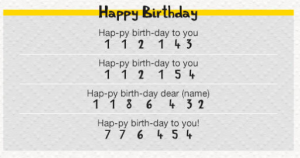
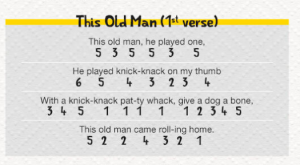



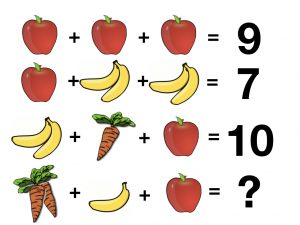 Images to create this puzzle taken from
Images to create this puzzle taken from 